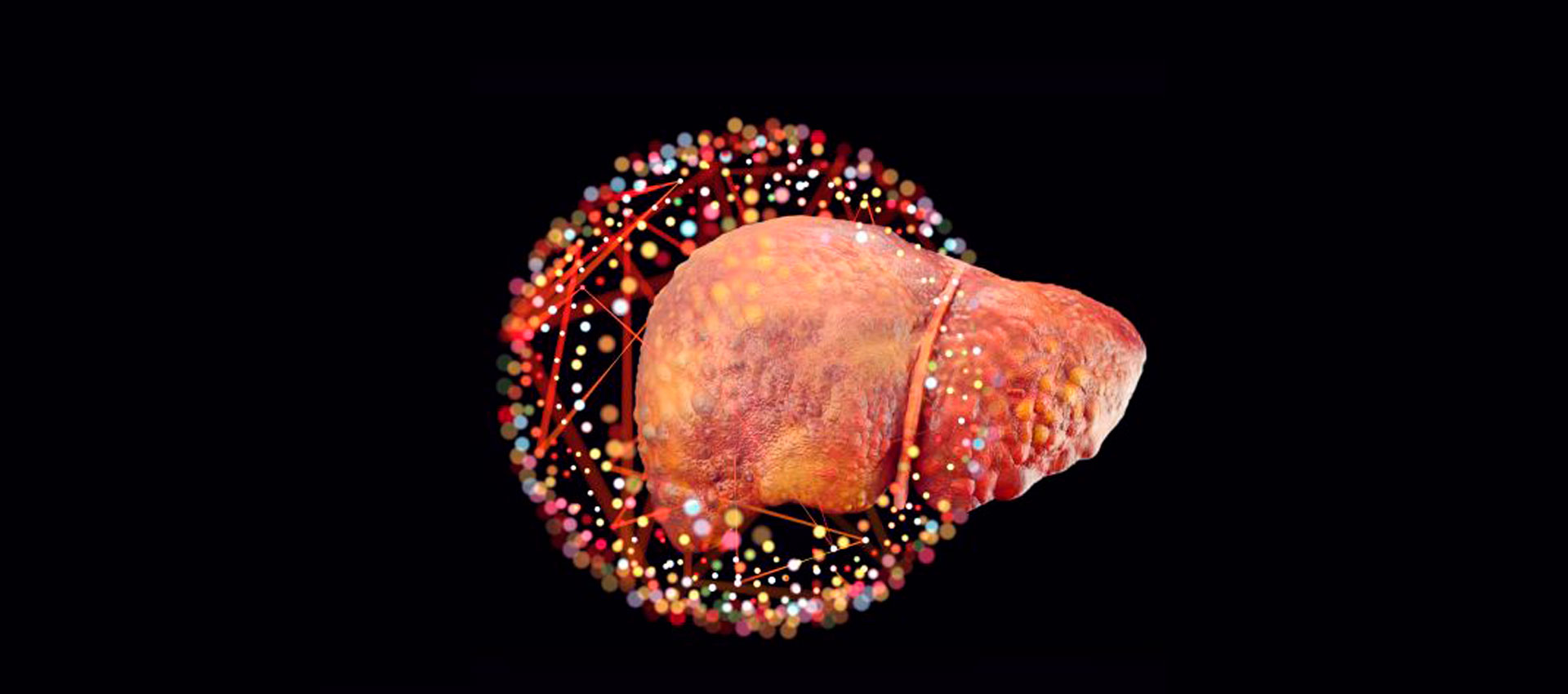
The DECISION project – European researchers seek to reduce the number of patients dying from cirrhosis
- 21 European institutions join forces to tackle end-stage liver disease and liver failure with a systems medicine approach
- Navarrabiomed-FMS takes part in the project through the Traslational Bioinformatics Unit.
Despite a vast array of available interventions and medications, more than 1 million people die of chronic liver disease (cirrhosis) per year worldwide, when the disease progresses to decompensated cirrhosis and acute-on-chronic liver failure (ACLF), a state in which the dysfunctional liver induces failure of other organs.
Following an acute decompensation of cirrhosis, 14% of the patients die of ACLF within 3 months. The reason why certain patients die and others survive is unknown, but huge differences between patients with regard to their individual genetics, medical history, precipitating events, clinical presentation and treatment response are suspected.
These individual differences call for personalised treatments based on a precise understanding of underlying mechanisms. Systems medicine and high-throughput technology nowadays allow for highly efficient analysis, integration, and predictive modelling of clinical data to develop the best fitted, most personalised treatment for each patient.
Over the next 5.5 years, the DECISION research consortium will analyse and integrate data from already existing clinical data and biological samples from 2,200 patients with cirrhosis at more than 8,600 time points to identify novel combinatorial therapies, validate them in animal models, and then test the most promising combinatorial therapy in a clinical trial.
The overall aim of the DECISION project is to prevent ACLF and to significantly reduce the mortality rate amongst patients with decompensated cirrhosis. The project receives 6 million € funding from the European Commission.
- Website: decision-for-liver.eu/
- David Gómez Cabrero. Head of the Traslational Bioinformatics Unit.
